By Chen Tianhao
(ECNS) -- On November 15 local time, Chinese President Xi Jinping and U.S. President Joe Biden held a summit meeting at the Filoli Estate, San Francisco. The two heads of state had a candid and in-depth exchange of views on strategic and overarching issues critical to the direction of China-U.S. relations and on major issues affecting world peace and development. According to Josef Mahoney with whom China News Network had an exclusive interview, the meeting has shown positive signs but it will take time to grow fruit.
"One of the reasons why the China-U.S. summit meeting needed to happen is that the U.S. might now agree in some way with China that major country competition is not the prevailing trend of current times. It cannot solve the problems facing China and the U.S.
During the meeting, President Xi called on China and the United States to assume a new vision and build together five pillars for bilateral relations, calling the two countries to jointly develop a right perception, manage disagreements effectively, advance mutually beneficial cooperation, shoulder responsibilities as major countries as well as promote people-to-people exchanges.
In Mahoney's opinion, the China-U.S. summit meeting in San Francisco is likely to build a new normal for both countries.
Mahoney holds that "the U.S. is coming to realize that its containment and suppression policy against China is already failing. What we've seen from the Chinese side is discipline and consistency. We don't see China playing the role as the aggressor or the instigator." He also pointed out that if the U.S. provokes over Taiwan and South China Sea, which is an aggressive path in very destructive ways, the mutual respect and trust will be fundamentally eroded.
President Xi said that the two countries have broad common interests in a wide range of areas, including traditional areas such as the economy, trade and agriculture, as well as emerging areas such as climate change and artificial intelligence (AI).
"We've seen American business leaders coming to China all year," Mahoney observed, "They also understand that they are in the era of policy supports from Beijing to increase domestic consumption. So they want to be part of the Chinese market, and they need to be part of it."
Mahoney further analyzed that "China will now pay more attention to concerns about a level-playing field, which will encourage American firms to continue to advance into the Chinese market, and likewise encourage them to pressure Washington to not engage in new provocations."
"The world will face a difficult year in 2024," Mahoney said, noting that both China and the U.S. should try to avoid any deterioration of bilateral relationship and work out efficient cooperative measures.
People-to-people exchanges is another important aspect in bolstering bilateral ties. On Nov. 10, the Philadelphia Orchestra gave a performance in Beijing. On the same day, the sixth China International Import Expo (CIIE) concluded successfully in Shanghai, with over 200 companies from the U.S. attending, making it the largest U.S. delegation in history. Just as Mahoney said, " Any time we have big events, particularly in the cultural sphere, it provides a profound demonstration of a shared and even durable humanity despite the headwinds."
The relations between China and the U.S. are among the most important bilateral relationships in the world. Mahoney concluded, " The meeting by the heads of the two states has shown positive signs, but it will take time to grow fruit."








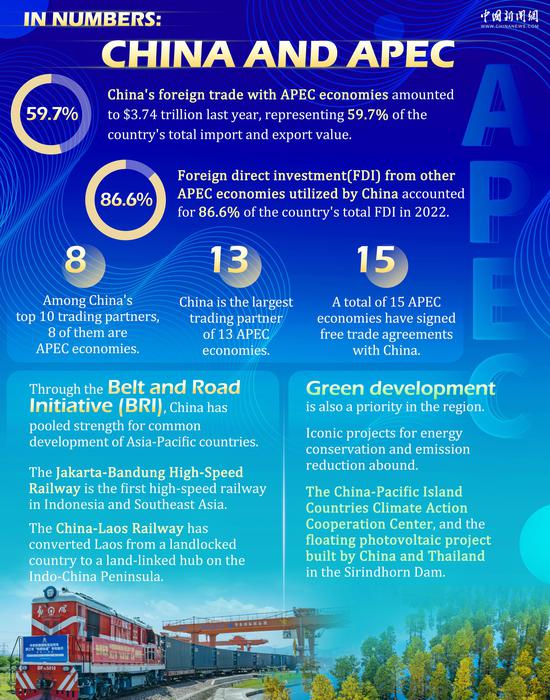
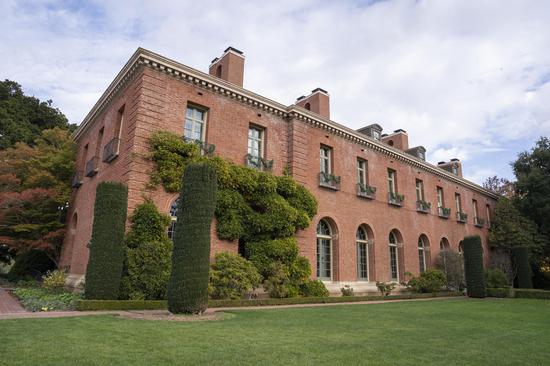

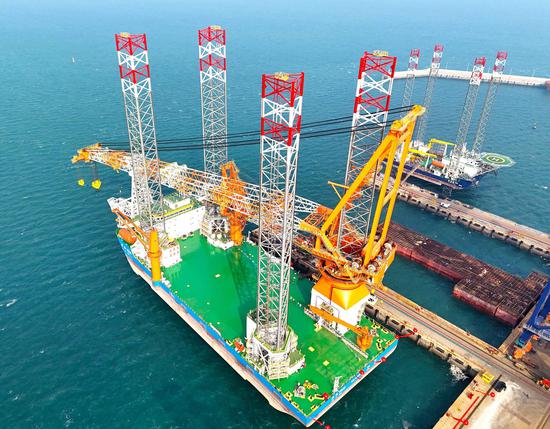
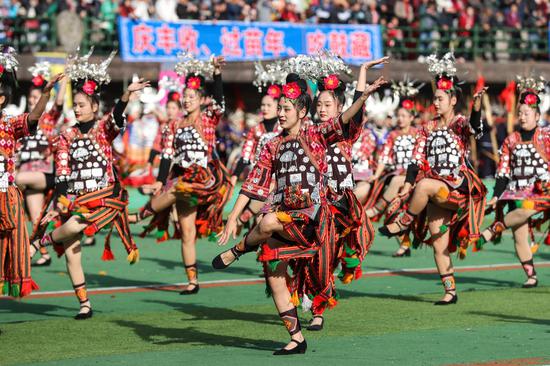

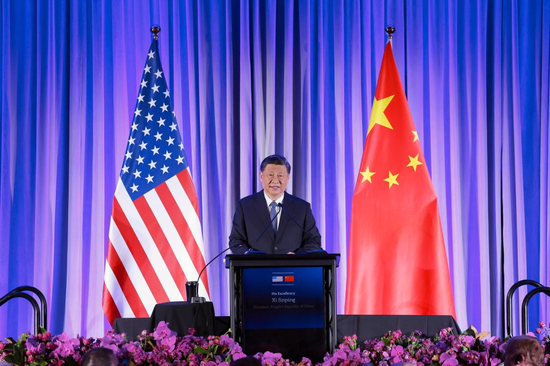
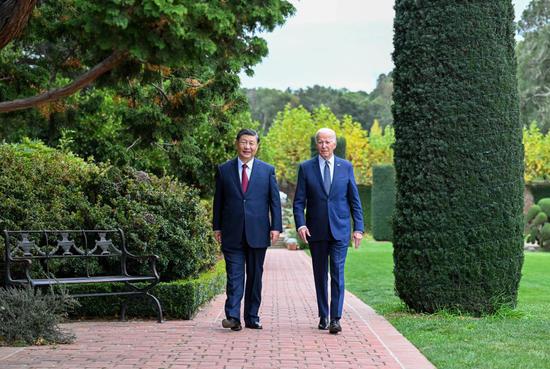

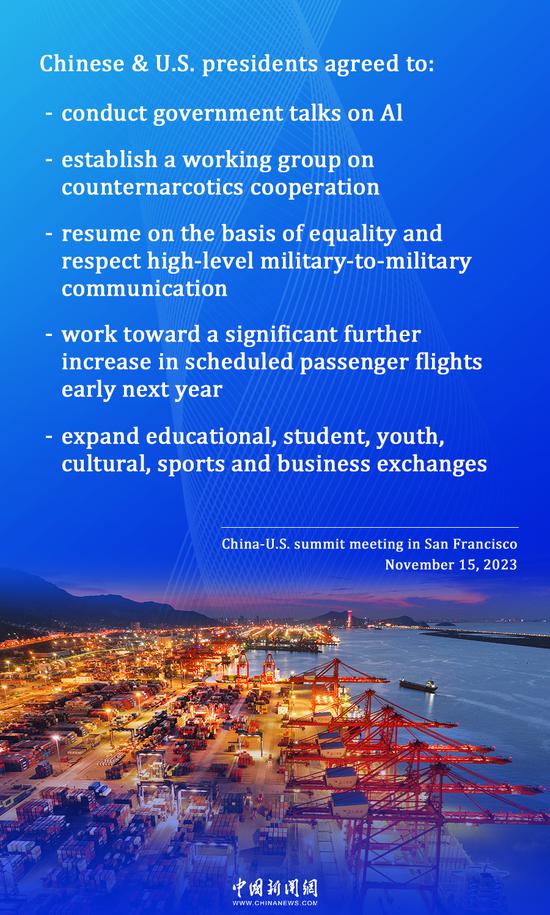
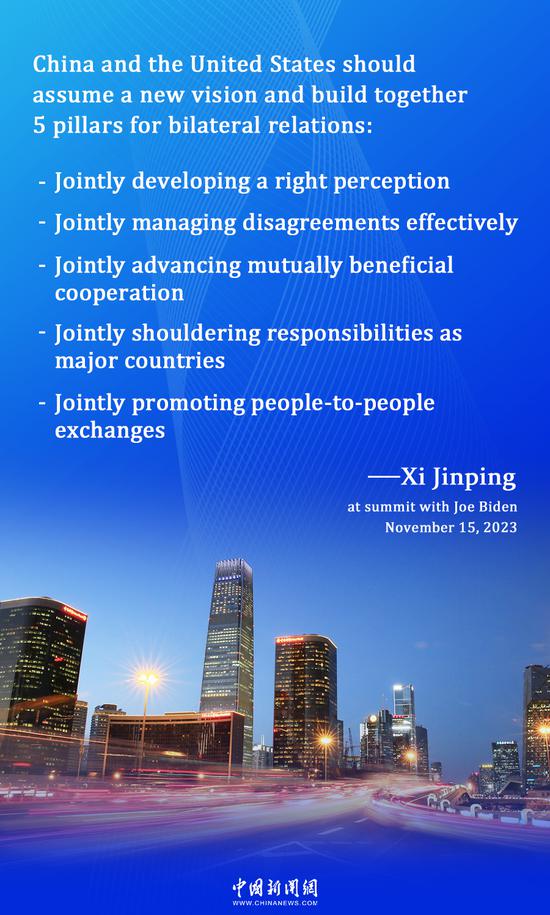
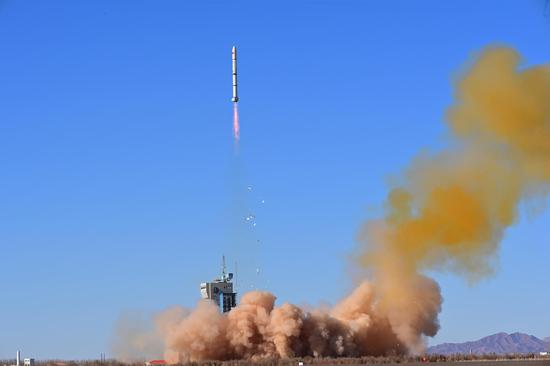

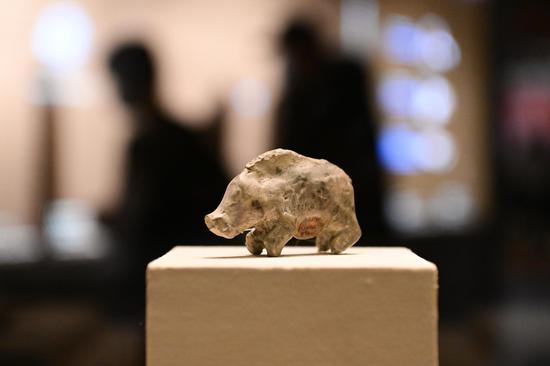

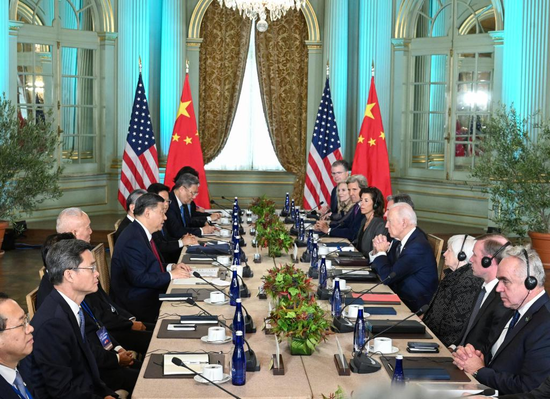

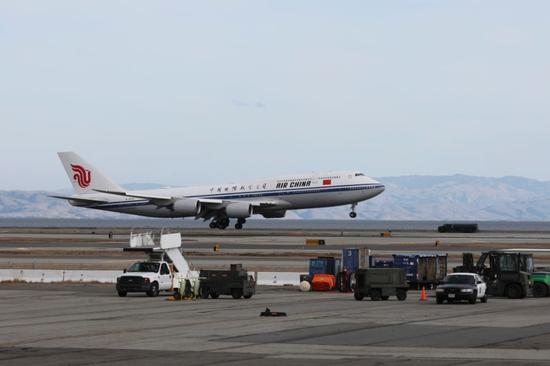
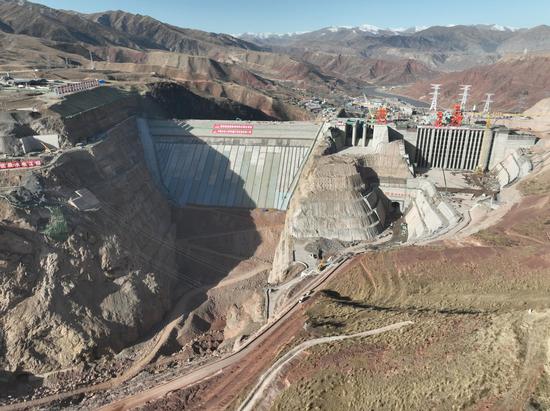
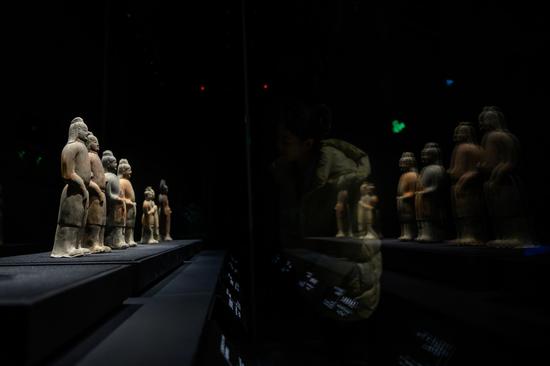







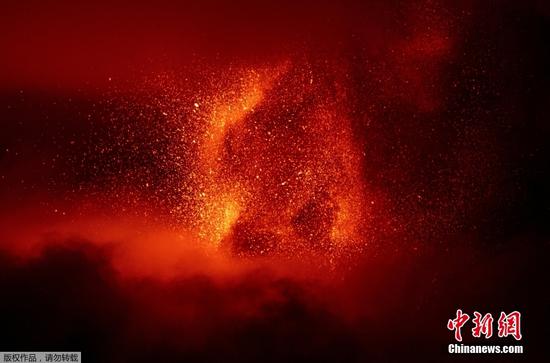

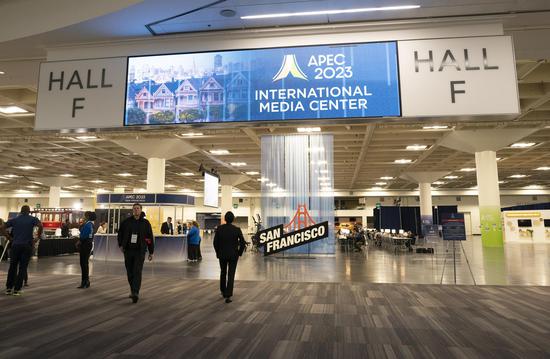
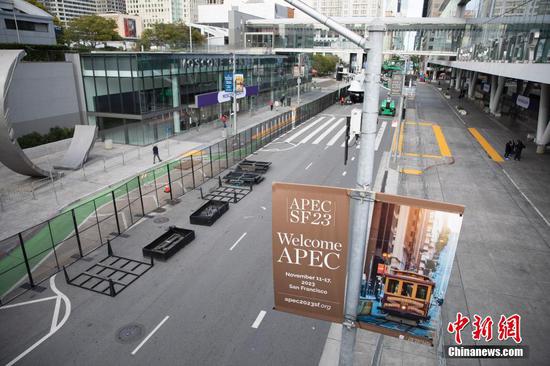


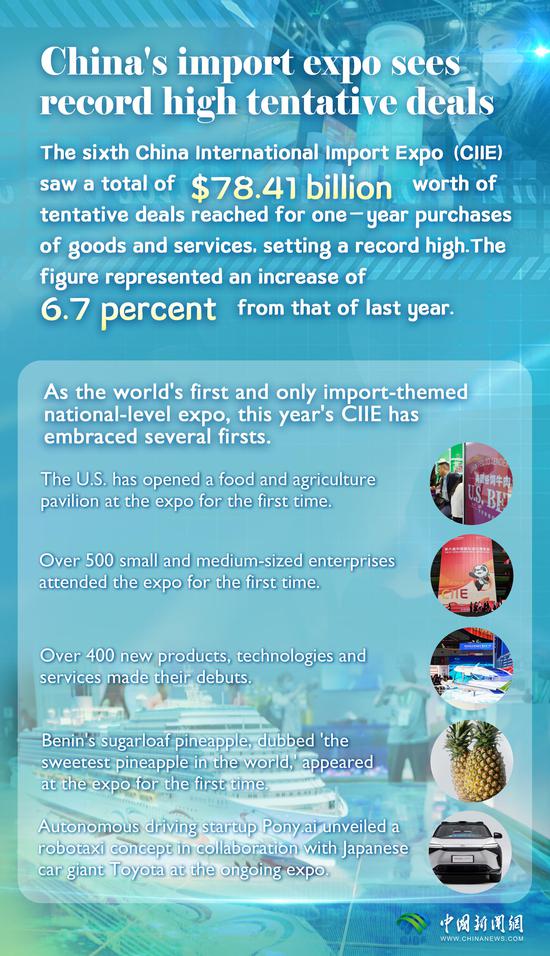
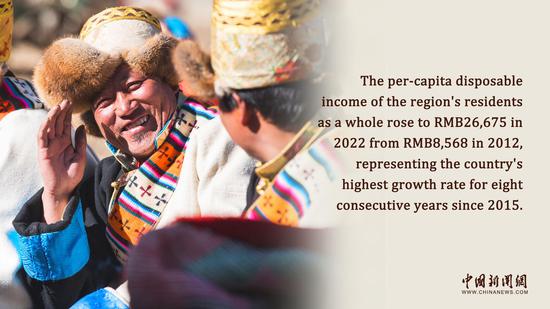

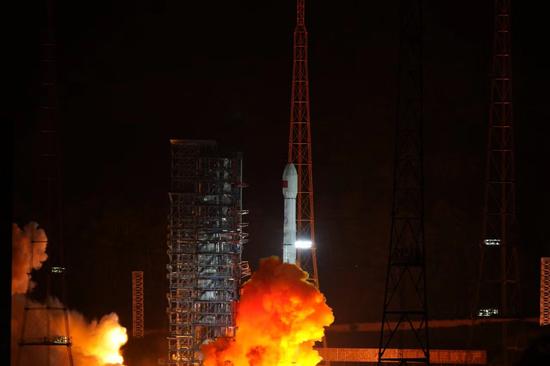

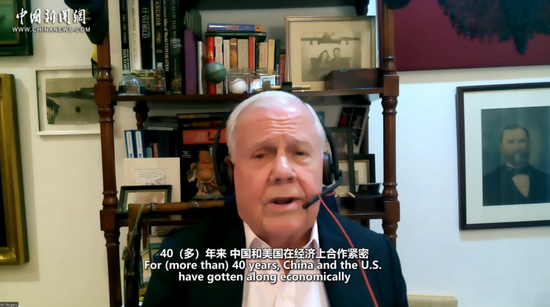



 京公网安备 11010202009201号
京公网安备 11010202009201号